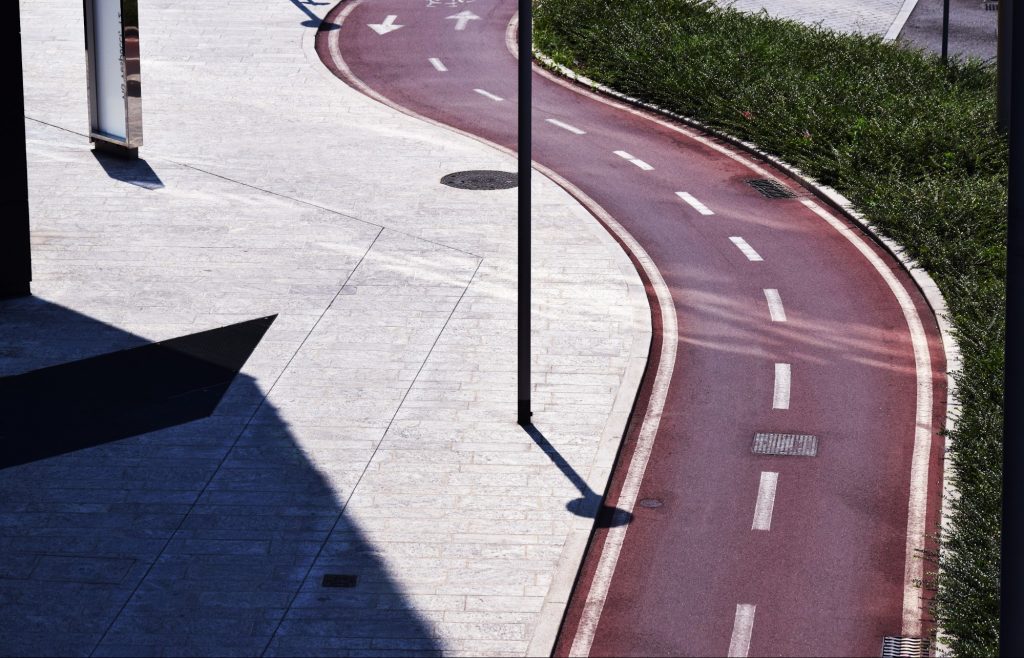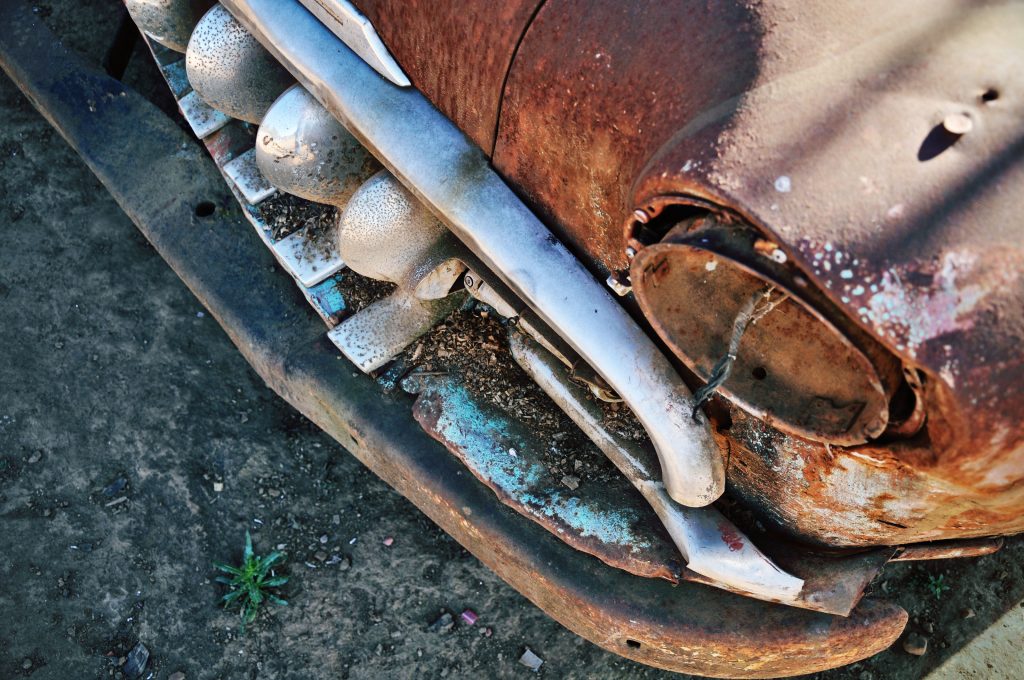 Many workers hope that, should they be injured on the job, financial protections are in place to ensure that they have plenty of time to recover before going back to work. The protections are often in the form of workers’ compensation payments. However, these protections will not protect an injured worker indefinitely. Should a doctor find that a worker is fit enough to return to the job, the employer has the right to fire an employee that refuses to return to work. It is important to understand when an injured worker is required to return to the job and what needs to be proven to extend the payment period.
Many workers hope that, should they be injured on the job, financial protections are in place to ensure that they have plenty of time to recover before going back to work. The protections are often in the form of workers’ compensation payments. However, these protections will not protect an injured worker indefinitely. Should a doctor find that a worker is fit enough to return to the job, the employer has the right to fire an employee that refuses to return to work. It is important to understand when an injured worker is required to return to the job and what needs to be proven to extend the payment period.
Kerry West was involved in a car wreck while he was working for the Sewerage and Water Board of New Orleans (“S&WB”). Mr. West had worked for S&WB for approximately 25 years. After the accident, Mr. West did not return to work. This was under the advisement of his primary care physician, Dr. Waterman. Because it disagreed with Dr. Waterman’s opinion, S&WB sent Mr. West to another doctor for a second opinion, Dr. Steiner. In contrast to Dr. Waterman’s evaluation, Dr. Steiner found that Mr. West could return to work. However, this return was limited to light duty work. S&WB offered Mr. West an accommodating position of light duty work. Despite the new evaluation and the offer of light duty work, Mr. West refused to return to work in the new position. He relied on the opinion of his primary care physician, Dr. Waterman. In response to Mr. West’s refusal to go to work, S&WB held a pre-termination hearing. Mr. West was allowed to testify on his own behalf. He claimed that he was unable to return to work in any fashion. Mr. West was then fired by S&WB pursuant to Civil Service Rule IX § 1.1, as he was unwilling to return to work.
Mr. West then appealed his termination to the Civil Service Commission for the City of New Orleans. The Commission performed a hearing, where both Mr. West and S&WB testified and presented evidence on Mr. West’s ability to work, and his refusal to do so. Independently, the Commission found that S&WB had found sufficient cause to terminate Mr. West. It was this decision by the Commission that Mr. West appealed to the Louisiana Court of Appeal, Fourth Circuit.
 Louisiana Personal Injury Lawyer Blog
Louisiana Personal Injury Lawyer Blog


 The strip of grass between the street and the sidewalk seems harmless enough. Yet, when negligently maintained, it can pose a danger to the public. The case that follows helps determine who should be liable for such a defect when an injury occurs on that piece of property.
The strip of grass between the street and the sidewalk seems harmless enough. Yet, when negligently maintained, it can pose a danger to the public. The case that follows helps determine who should be liable for such a defect when an injury occurs on that piece of property. Guardrails serve a life-saving function on our roads. Their placement on dangerous curves or in front of bodies of water can turn a deadly accident into a routine fender bender. Unfortunately, guardrails cannot be on every section of road. Local and state government agencies are only obligated to place them where they can prevent foreseeable accidents from happening. But, some situations are nearly impossible to predict, especially in cases where the vehicle was not following the road for a long period of time before the accident. With the help of an excellent attorney, St. Charles Parish was able to avoid liability to an injured driver after one of these unpredictable situations.
Guardrails serve a life-saving function on our roads. Their placement on dangerous curves or in front of bodies of water can turn a deadly accident into a routine fender bender. Unfortunately, guardrails cannot be on every section of road. Local and state government agencies are only obligated to place them where they can prevent foreseeable accidents from happening. But, some situations are nearly impossible to predict, especially in cases where the vehicle was not following the road for a long period of time before the accident. With the help of an excellent attorney, St. Charles Parish was able to avoid liability to an injured driver after one of these unpredictable situations. Accidents can come from the most unexpected of circumstances and result in life altering consequences. Here, a man suffered severe injuries while driving to the local convenience store to purchase a cup of coffee, when a rotten tree from a resident’s yard fell and struck his vehicle.
Accidents can come from the most unexpected of circumstances and result in life altering consequences. Here, a man suffered severe injuries while driving to the local convenience store to purchase a cup of coffee, when a rotten tree from a resident’s yard fell and struck his vehicle. Most people are extra cautious when driving near an 18-wheeler truck, but accidents can happen in ways a person cannot always anticipate. That is what happened to Evelyn J. Menard in Baton Rouge in May of 2004, when an 18-wheeler in front of her snagged a wire above the road, which snapped and hit her car. Evelyn’s car went into a spin, and the truck did not stop. As a result, Evelyn had serious injuries to her lower back
Most people are extra cautious when driving near an 18-wheeler truck, but accidents can happen in ways a person cannot always anticipate. That is what happened to Evelyn J. Menard in Baton Rouge in May of 2004, when an 18-wheeler in front of her snagged a wire above the road, which snapped and hit her car. Evelyn’s car went into a spin, and the truck did not stop. As a result, Evelyn had serious injuries to her lower back  After a road accident, especially when someone is injured, there is an expectation that someone was at fault. We may even blame the weather, the car, or an innocent animal passing by. But in law, attaching fault is not always as straight forward as we may think. For example, what happens if you are crossing a street that has faulty lights at an intersection and you are hit by a car? Would it be too bad of an idea to blame the faulty lights? What if the streetlights are maintained by a company that has entered into a contract with a local authority promising to ensure that lights are properly taken care of all the time? Could you then sue the company for its failure to maintain the streetlights? These issues came for determination in the Fifth Circuit Court of Appeal in Louisiana.
After a road accident, especially when someone is injured, there is an expectation that someone was at fault. We may even blame the weather, the car, or an innocent animal passing by. But in law, attaching fault is not always as straight forward as we may think. For example, what happens if you are crossing a street that has faulty lights at an intersection and you are hit by a car? Would it be too bad of an idea to blame the faulty lights? What if the streetlights are maintained by a company that has entered into a contract with a local authority promising to ensure that lights are properly taken care of all the time? Could you then sue the company for its failure to maintain the streetlights? These issues came for determination in the Fifth Circuit Court of Appeal in Louisiana. Trials are decided solely upon the evidence presented. A judge cannot read a book on the subject, or do extraneous research on the internet, to aid her decision-making process. In this case, the Defendant claimed that the judge did just that, by calling a city official to confirm some data. The appellate court thought otherwise. So, what do you do when you feel as if the Judge made a decision unfairly?
Trials are decided solely upon the evidence presented. A judge cannot read a book on the subject, or do extraneous research on the internet, to aid her decision-making process. In this case, the Defendant claimed that the judge did just that, by calling a city official to confirm some data. The appellate court thought otherwise. So, what do you do when you feel as if the Judge made a decision unfairly? Witnesses can be critical to winning a personal injury lawsuit after an auto accident. Without an impartial third party to attest to what happened, the case can devolve into he said/she said situation. Even worse, when one party is mentally unable to recall the events of the incident, the outcome becomes even more uncertain. Some may be tempted to think their case becomes a slam dunk after that. With one party not even sure of the facts, the other side has to prevail, right?
Witnesses can be critical to winning a personal injury lawsuit after an auto accident. Without an impartial third party to attest to what happened, the case can devolve into he said/she said situation. Even worse, when one party is mentally unable to recall the events of the incident, the outcome becomes even more uncertain. Some may be tempted to think their case becomes a slam dunk after that. With one party not even sure of the facts, the other side has to prevail, right? Essential to winning any legal case is having a good lawyer. However, it is even more essential to have a good lawyer when dealing with tricky cases of negligence against the local government. An oversight caused Kenneth Rivarde’s lawyer to submit an incomplete affidavit from a key witness resulting in a lost lawsuit against the city of New Orleans. Mr. Rivarde’s wife, Channelda Rivarde, perished in a motor vehicle accident at the intersection of North Rocheblave Street and A.P. Tureaud Boulevard in New Orleans, Louisiana. Her husband, Kenneth Rivarde (“Mr. Rivarde”) sued the City of New Orleans (“City”) claiming that the accident was a result of a high-speed chase when the New Orleans Police Department (“NOPD”) was pursuing a fleeing felon. The accident occurred when the felon ran a stop sign and struck the car Channelda Rivarde was a passenger in. So, what happens if your lawyer submits an incomplete affidavit in a fatal car accident case?
Essential to winning any legal case is having a good lawyer. However, it is even more essential to have a good lawyer when dealing with tricky cases of negligence against the local government. An oversight caused Kenneth Rivarde’s lawyer to submit an incomplete affidavit from a key witness resulting in a lost lawsuit against the city of New Orleans. Mr. Rivarde’s wife, Channelda Rivarde, perished in a motor vehicle accident at the intersection of North Rocheblave Street and A.P. Tureaud Boulevard in New Orleans, Louisiana. Her husband, Kenneth Rivarde (“Mr. Rivarde”) sued the City of New Orleans (“City”) claiming that the accident was a result of a high-speed chase when the New Orleans Police Department (“NOPD”) was pursuing a fleeing felon. The accident occurred when the felon ran a stop sign and struck the car Channelda Rivarde was a passenger in. So, what happens if your lawyer submits an incomplete affidavit in a fatal car accident case? In order for a court to assess a fair amount of money to be paid for one’s injuries, it is necessary for the injured party to present sufficient evidence to justify that amount. Without sufficient evidence, it is entirely possible for a court to award an incorrect amount of money to the injured party. A trial court is generally allowed a certain amount of discretion (or freedom) to make a proper judgment. It must, however, come to a reasonable conclusion. An appellate court may alter the award if the judgment is incorrect based on the evidence provided. In 2016, the First Circuit Court of Appeal decided to do just that in a case that involves lost wages over an inability to audition for new jobs.
In order for a court to assess a fair amount of money to be paid for one’s injuries, it is necessary for the injured party to present sufficient evidence to justify that amount. Without sufficient evidence, it is entirely possible for a court to award an incorrect amount of money to the injured party. A trial court is generally allowed a certain amount of discretion (or freedom) to make a proper judgment. It must, however, come to a reasonable conclusion. An appellate court may alter the award if the judgment is incorrect based on the evidence provided. In 2016, the First Circuit Court of Appeal decided to do just that in a case that involves lost wages over an inability to audition for new jobs.